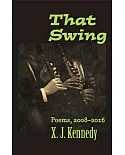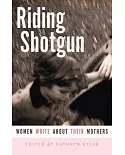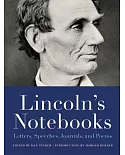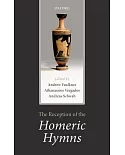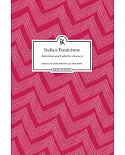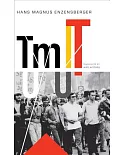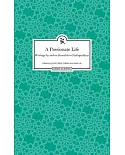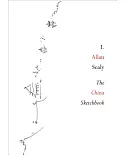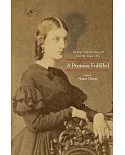In February 1916, Captain F. J. Roberts of the 12th Battalion, Sherwood Foresters produced the first edition of the trench newspaper, "The Wipers Times". Often produced in hazardous
conditions, at one point only 700 yards from the front line, the newspaper acted as the voice of the average British soldier, relaying his experiences, grief and anger during the entire
conflict. This collection lifts the best of the long-forgotten poems, rhymes and limericks reproduced in the magazine. At times irreverent, at times powerfully evocative, the poems provoke
laughter with a lump in the throat and offer an excellent insight into life in the trenches in the First World War. Taking its name from the army slang for Ypres, where it was first produced,
"The Wipers Times" was similar to "Punch", but contained a more specific type of comedy relating exclusively to the soldiers on the Western Front. The satire and humour of the paper helped
reinvent the situation in the trenches—diffusing the conditions of war by ridiculing and exaggerating them. The paper’s style was influenced by the difficulties of production. Articles had to
be written in the limited free time the soldiers had; in dugouts, reserve lines or on rest. The paper ran until December 1918, adopting such titles as "The New Church Times", "The Somme
Times", "The BEF [British Expeditionary Force] Times" and, finally, "Better Times" produced when the war had ended.




